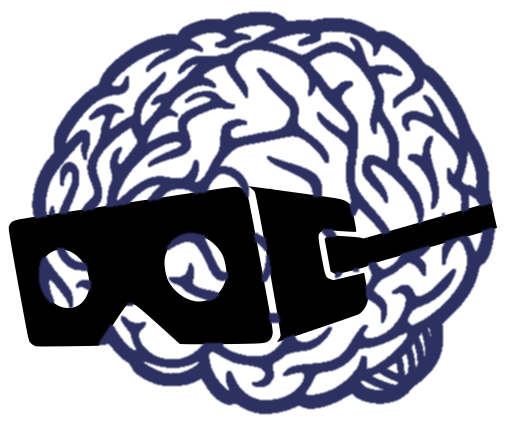Abstrakt
The presented study focuses on human cognitive enhancement (HCE). Our aim is to map the key moments in interfacing of biology and technology that have the capacity to strongly affect and transform cognitive processes, such as spatial memory and navigation. We hypothesize that longterm use of HCE technology, in our case Augmented Reality (AR) glasses, while navigating through real environment can elicit changes both in spatial memory performance and in brain activity, connectivity and morphology. The proposed experiment focuses on the effect of longterm use (10-12 weeks) of Smart glasses (Vuzix M100). We tested 25 healthy volunteers, who were required to use the Vuzix navigation software when navigating in daily life. Prior to the experiment and during the final 12th week all participants (25 experimental and 25 control subjects) underwent complex prospective evaluation. The following test battery was used in order to study the effect of AR glasses wearing on: 1) vision (Ophthalmology examination); 2) cognitive abilities (RBANS, CPT, TMT); 3) specific spatial abilities (e.g. Money Road Map test, Perspective Taking Test); 4) eye-movements (eye-tracking) in the route-following and wayfinding navigation performance in complex virtual city environment; and 5) brain activity (fMRI navigation task in virtual city, resting state fMRI) and morphology (VBM, DTI).

